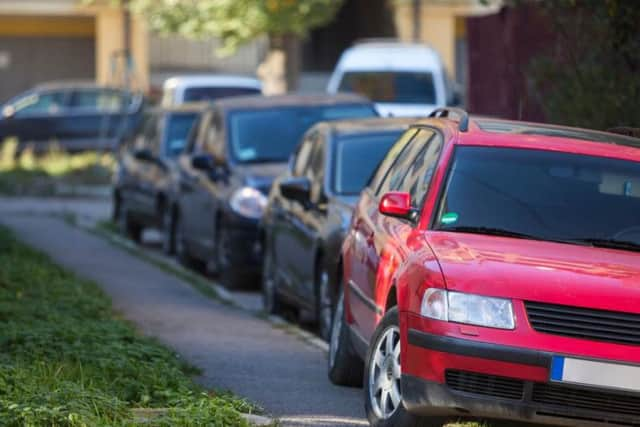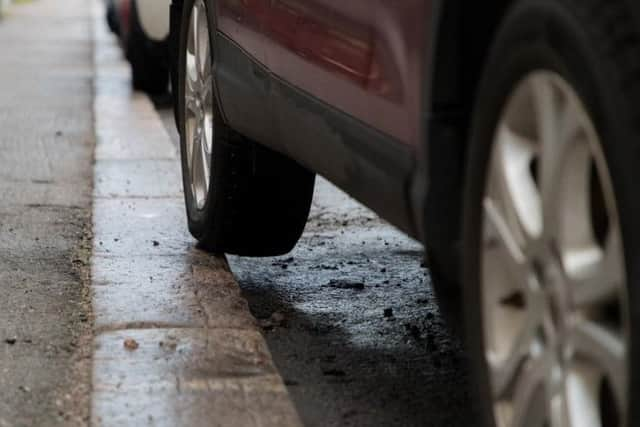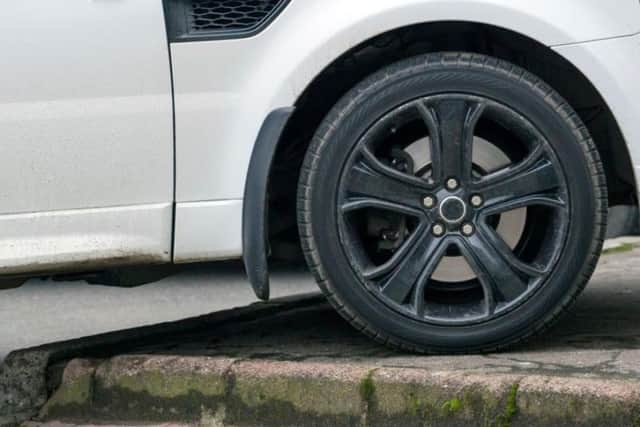Scotland pavement parking ban: what is it and when does it take effect?
and live on Freeview channel 276
According to Living Streets, cars which are parked partially on the pavement can act as major obstacles for less mobile individuals, either forcing them into traffic or preventing them from travelling altogether.
Living Streets are celebrating the new bill as a major victory and they have urged the rest of the UK to follow suit, although they do still have some qualms about its details.


Here's everything you need to know.
What does the pavement parking ban mean?
Advertisement
Hide AdAdvertisement
Hide AdAs you would expect, the ban simply makes it an offence to park a vehicle even partially on the pavement.


While there are already laws designed to cover this, they are unclear to the point of being almost impossible to enforce.
As well as ensuring that all pedestrians have equal use of the pavements, it has been pointed out that the bill could save local councils significant sums of money by preventing cars from causing damage to the pavements that must then be repaired.
However, the new legislation does contain a contentious clause that allows for delivery vehicles to park on the pavement for up to 20 minutes at a time.
Advertisement
Hide AdAdvertisement
Hide AdIn the view of organisations like Living Streets, this 20-minute window both undermines the purpose of the law and threatens to make it too difficult to enforce.


When does it take effect?
The new law will not come into play until 2021 as part of the Transport (Scotland) Bill.
This bill also contains provisions for the creation of low emissions zones in four Scottish cities (Glasgow, Edinburgh, Aberdeen and Dundee) as well as promising improved bus services.
What has been said about it?
Stuart Hay, director of lead campaign group Living Streets Scotland, said: “This is the first nationwide ban put in place in the UK and represents the culmination of over a decade of campaigning.
Advertisement
Hide AdAdvertisement
Hide Ad“People in wheelchairs, parents with pushchairs and older adults who are currently forced into oncoming traffic when faced with vehicles blocking their path will now be able to enjoy a new freedom.